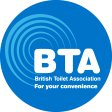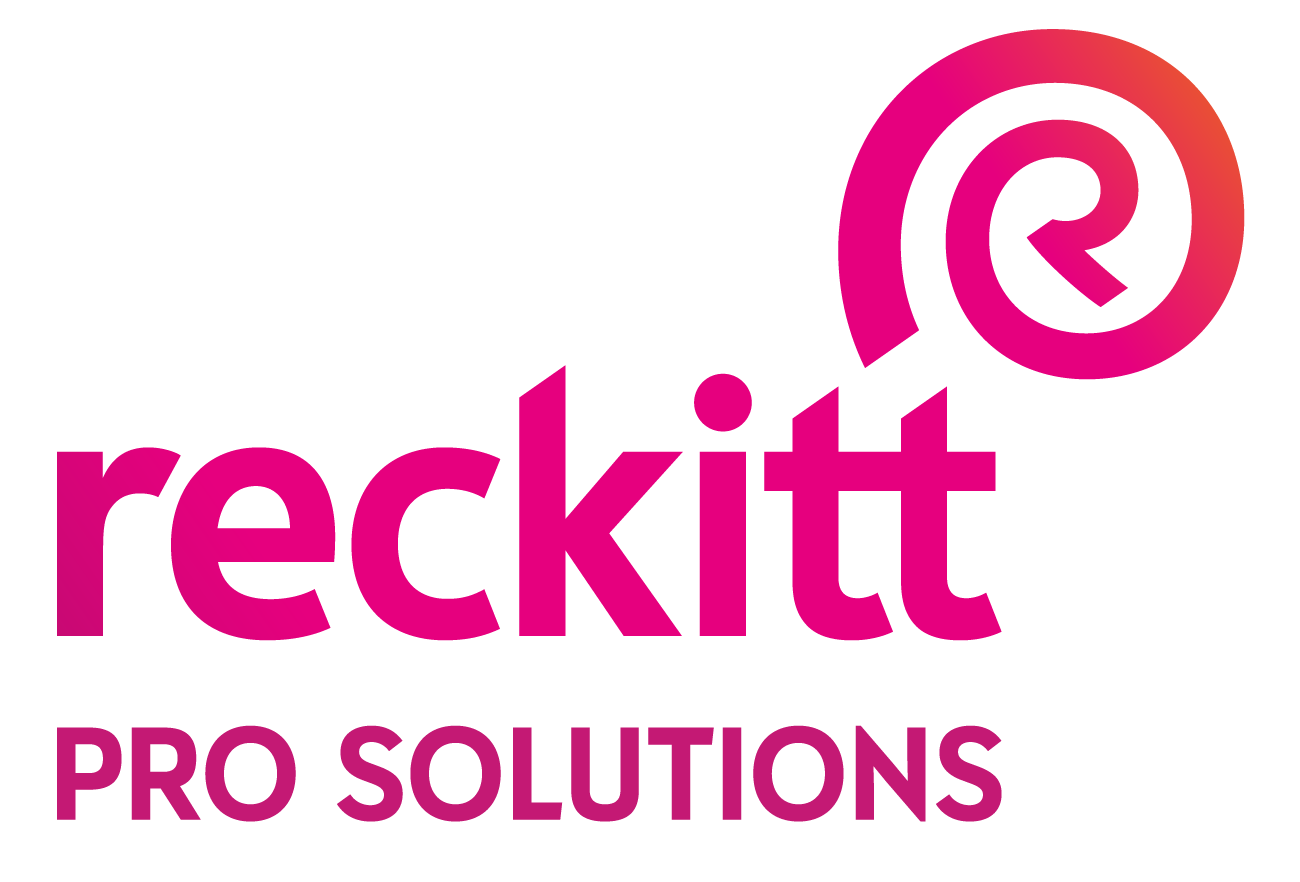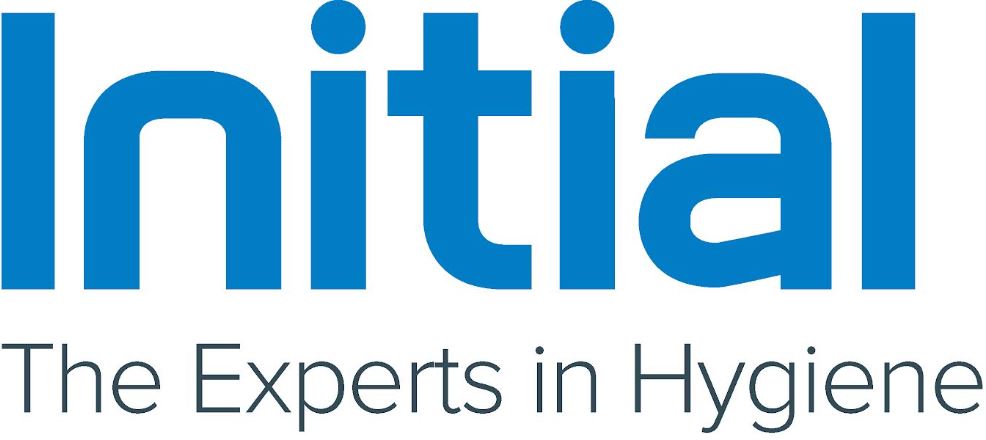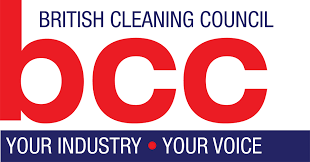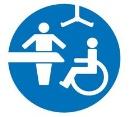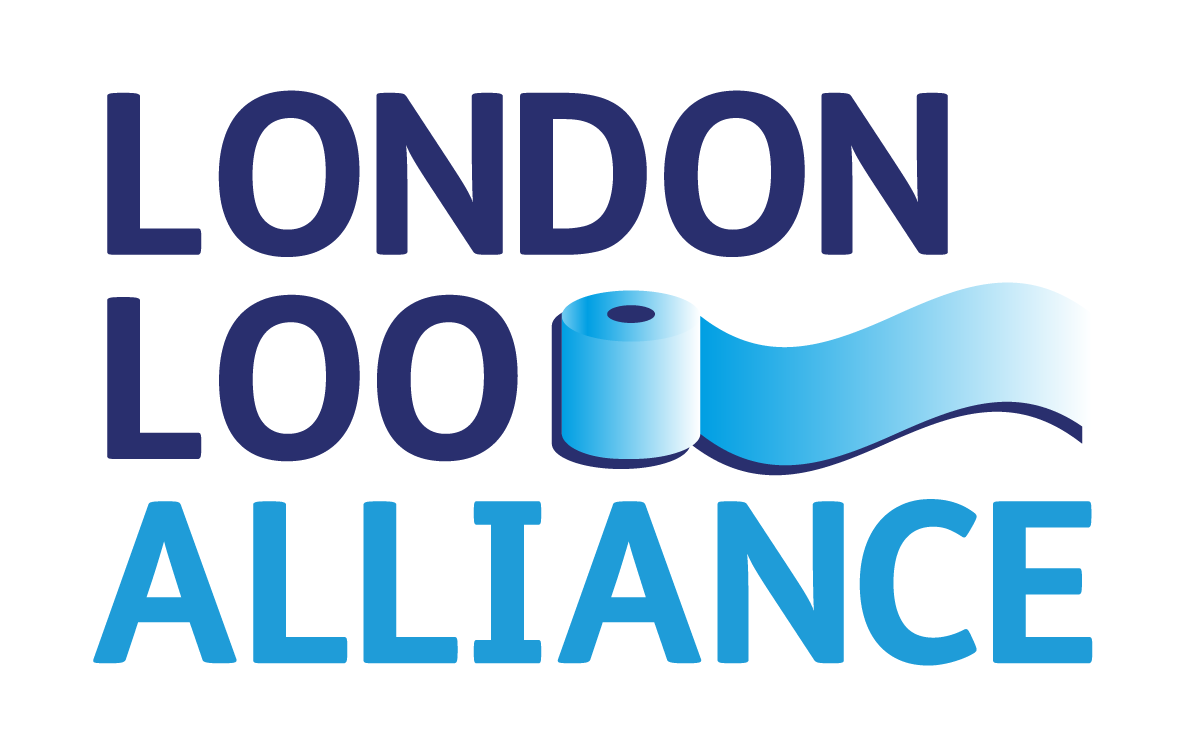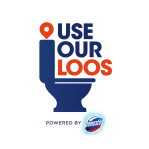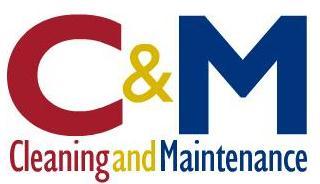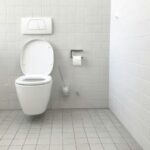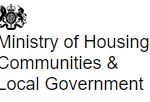Coronavirus (Covid-19) Wales

Since the arrival of this pandemic it has become extremely clear that each and everyone of us has to adhere to an increased level of personal hygiene. Regular hand washing and the repeated use of anti-bacterial wipes on the surfaces we come into contact with are essential precautions to avoid the spread of this deadly threat.
As the Lockdown eases and we venture back into society or return to our places of work we face the added strain of cross contamination and potential transmission of this virus to colleagues and friends. So we are looking for guidance from the devolved administrations to help us all act and behave in a responsible way to avoid touching contaminated surfaces or leaving traces behind that could be harmful to others.
Publicly Accessible Toilets are a vital piece of our everyday lives and these essential facilities help us to stay comfortable and relieved when we travel away from our homes or places of residence. The government has clearly advised us all to WASH your HANDS reguarly and thoroughly for a least 20 seconds after coming in contact with any area or surface that might host the virus. So PC’s are an absolutely vital piece of infrastructure in our fight against Covid19 and these units must be opened and maintained to the highest levels of hygiene and cleanliness to serve the rising needs.
Unfortunately, many public and retail units remain closed dur to the severe lack of CLEAR & CONCISE guidance from government and the fear of the providers and sppliers that they are effectively combating the viral threat.
NEW GUIDANCE RELEASED
This guidance is primarily for owners and operators of toilets for public use in Wales
- Local Authorities, town councils and town/city centre managers/forums
- Town and Community Councils
- National Parks
- Third sector organisations
- Heritage and tourism sites
- Commercial or business premises where toilet access is provided to the public
- Hospitality sector (e.g. cafés, bars, restaurants)
Where sector specific guidance is also available it should be considered alongside this.
Purpose and scope of this guidance
The Health Protection (Coronavirus Restrictions) (Wales) Regulations 2020 (as amended) have been made for the purpose of preventing, protecting against, controlling or providing a public health response to the spread of Coronavirus and contamination in Wales. The Regulations currently require certain premises and businesses to close, whilst imposing restrictions on certain businesses or services (including ‘public toilets’) allowing them to remain open providing that those responsible take all reasonable measures to ensure that specific physical distancing requirements are maintained. Persons responsible for work carried out on certain premises are also under a duty to take all reasonable measures to ensure that a distance of 2 metres is maintained between persons on the premises. Those subject to a requirement to take all reasonable measures must have regard to guidance from the Welsh Ministers about taking those measures. These Regulations are regularly reviewed in accordance with Regulation 3.
This guidance focuses on the safer management of toilets for public use in the context of the Coronavirus pandemic and in compliance with the Coronavirus Restrictions Regulations. It is intended to help the owners and operators of toilets for public use to plan for the safer management of toilets as the restrictions in Wales are lifted and to plan for the re-opening of toilets where they have been closed.
This guidance provides a framework for identifying the issues associated with the use of toilets for public use in light of the need for social distancing and cleaning/disinfecting to minimise the transmission of the virus.
This guidance sets out additional principles that owners and operators of toilets for public use will need to consider. It does not replace any existing health, hygiene, risk assessment or other requirements for the normal safe management of toilets for public use.
Responsibility in Wales for opening / managing toilets for public use rests with the toilet owner or operator. For some assets, the local authority may be the owner but responsibility for the operation and maintenance rests with some town or community councils under a lease agreement as part of asset transfer agreements.
Under the Public Health (Wales) Act 2017, there is a duty placed on local authorities to have a local toilet strategy and statutory guidance has been provided. Under part 8 of the Public Health (Wales) Act 2017, local authorities may provide toilets in its area for public use.
This guidance does not alter those duties and powers, it merely provides advice and principles owners / operators may want to consider.This publication has been prepared by the Welsh Government, developed with advice from technical experts and from local authorities. This guidance applies in Wales only and does not impose any legal obligations.
Public health is devolved in Scotland, Wales and Northern Ireland. For advice in other parts of the UK please see guidance prepared by the Northern Ireland Executive, the Scottish Government and, for England, the UK Government (Ministry for Housing, Communities and Local Government). We expect this document will be updated over time – this version is up to date as of 2 July 2020. You can check for updates on the Welsh Government website.
If you have any feedback regarding the content of this document and inform future guidance, please email saferplaces@gov.wales. This guidance is part of a wider set of documents produced by the Welsh Government about safer public places and related issues. All Welsh Government guidance can be found on the Welsh Government website.
What this guidance contains
The guidance contains principles and steps owners and operators of toilets for public use should consider in planning the reopening (where toilets have been closed) and management of toilets as safely as possible. It does not replace the need for owners and operators to carry out their own risk assessments or follow normal toilet cleaning and management practices.
Existing Public Health Wales and Welsh Government guidance covers the principles of how to manage toilets from a health and hygiene perspective, including the re-opening of schools and other educational settings, managing Safer Public Places and workplace guidance. What this guidance does is bring together those health and hygiene principles in one place, and also consider the issues particular to toilets for public use around public access and communications. See Further information for links to the related guidance.
The importance of re-opening toilet facilities
Toilet accessibility is a key factor in easing restrictions and restoring confidence, once it is safe to do so. Many publically accessible toilets have closed in the response to the pandemic, which has helped encourage people to stay local. Toilet access is essential for many people including the elderly, those classed as disabled, those who are pregnant, those with young children, or those with medical conditions. Consideration should be given to the equality implications of those with particular health needs who need to use the toilet more often. Equality Impact Assessments should be reviewed as part of the planning for re-opening toilets. A lack of toilets can result in anti-social behaviour.
As the coronavirus restrictions are lifted the increasing number of local people and tourists is likely to place pressure on services including toilets for public use. Toilets are currently in the ‘high priority but high anxiety’ area for the public – half will not visit an attraction at all if toilets are closed. Assurance of safety measures are hugely important in building confidence in their use, and toilet information is key for pre-visit communication. Many people feel they cannot leave their homes for shopping or other day to day tasks if they do not know that a toilet is available.
The challenges of re-opening toilet facilities
Toilets are potentially a risk for transmission of the virus if not managed well. Toilets for public use vary hugely, from isolated rural facilities to small community facilities to large blocks in city centres. Some toilets for public use are located in hospitality / tourism and other public and commercial facilities etc. Toilets are usually relatively enclosed indoor spaces and are often unsupervised. The virus is unstable and does not transmit as easily in outdoor environments and is rapidly inactivated by heat and sunlight. Indoors the virus is likely to survive for longer.
Social distancing and hygiene
Current guidance issued by the Welsh Government focuses on the key messages to keep Wales safe by:
- always observing social distancing (also known as physical distancing) – stay 2 metres (3 steps) away from others (outside your immediate household), indoors and outdoors;
- wash your hands regularly;
- if you are meeting one other household, stay outdoors;
Read Welsh Government social distancing guidance.
Enhanced cleaning and disinfection practices should be followed.
Read public health guidance on cleaning and disinfection in non-healthcare settings.
In Wales there is no legal or mandatory requirement for people to wear face coverings in public.
Good practice steps to consider
Consideration should be given to the sections below taking into account local conditions, location, size, usage of toilet etc. Risk assessments should be undertaken by owners / operators before opening any toilet, and then kept under review. Risks assessments must include consideration of staff safety and any additional workforce impacts in managing and cleaning toilets. These points are over and above all normal toilet management requirements.
Hygiene – cleaning and handwashing
- Frequent enhanced cleaning and disinfection regime adhering to guidance particularly of points that are regularly touched. Frequency will be determined by owners / operators risk assessment based on likely volume of use.
- Frequent collection of paper towel and other waste.
- Minimising use of portable toilets (non mains sewage/proximity of waste/enclosed space) whilst acknowledging that at some sites it may temporarily be the only option (i.e. while other facilities remain closed).
- Using signs and messages to build awareness of good handwashing technique and other respiratory hygiene behaviours, e.g. around coughing and sneezing in public places.
- Best practice handwashing information and facilities should be provided
- Where possible, providing disposable hand towels as an alternative to hand dryers in handwashing facilities.
- Where appropriate, sufficient and accessible provision of automated hand sanitising dispensers.
- Regular checking of facilities and measures including recording of checks.
See Further information for guidance on cleaning and disinfection in non-healthcare settings.
Social distancing
- Clear signage should be provided on the requirement to maintain a 2m distance from others (outside of your immediate household).
- Measures to limit the number of users at any one time, perhaps a one in one out system, either self-regulated with clear signage, or overseen by an attendant.
- Removing access, for example to every other urinal or hand basin through use of tape or signage or other mechanism.
- Clear markings for distancing and queuing.
- Where possible doors to toilet blocks may be wedged open to maximise fresh air, to allow users to assess numbers inside, and to limit hand contact.
Communication
Toilet signage
Clear bilingual signage with simple messages should be used:
- Do not use toilets for public use if you have symptoms of COVID-19
(stay home, self-isolate, seek a test) - Use them, wash your hands and leave promptly.
- Avoid unnecessary touching of internal surfaces, fixtures and fittings.
- Keep a 2m distance from others outside your own household – observe social distancing and hand hygiene guidance at all times.
- Queue outside not inside the toilets.
- Where provided – use hand sanitiser before entering and after leaving.
- Guides to good handwashing and around coughing and sneezing in public places.
- Telephone number if any cleanliness or stock issues.
Information Campaigns
Consider publically available information / publicity on:
- Toilet opening and cleaning protocols so people can plan trips and to help restore confidence.
- Reinforcing the responsibility of members of the public to follow the rules on social distancing and hygiene.
Consideration of all user groups
- Equality Impact Assessments should be reviewed to ensure that the way rules are implemented do not have a disproportionate, negative impact on those who share protected characteristics. Particular consideration should be given to those who are visually impaired in terms of signage and communication.
- Consideration should be given to opening Changing Places toilets as a priority.
- Larger toilets or those in busier areas may require supervision, at least in the initial stages, to ensure public are adhering to social distancing and to restrict the number of people using the facility.
- In some locations toilets are looked after by volunteers many of whom will be in the at risk or extremely vulnerable (shielding) categories so alternatives may need to be found.
- Training of any personnel involved in delivering the measures will be key to ensure they understand and can communicate local guidance effectively and positively.
- Where a decision is made not to open a toilet for public use (particularly baby change facilities, toilets for the disabled or Changing Places) an Equality Impact Assessment should be undertaken to assess impacts on accessibility to all sectors of the community.
Queuing
- Defined areas and clear signage to indicate where pedestrians should stand when queuing using spray markings or temporary barriers.
- Management of multiple queues for different entrances through clear signage and the use of stewards as appropriate.
- “Do not join the queue, come back in xxx minutes” signs provided at popular destinations, when capacity reached.
- Alternative provision and / or seating for people who are unable to stand for long periods.
- Protection of queues through physical security measures / street furniture.



